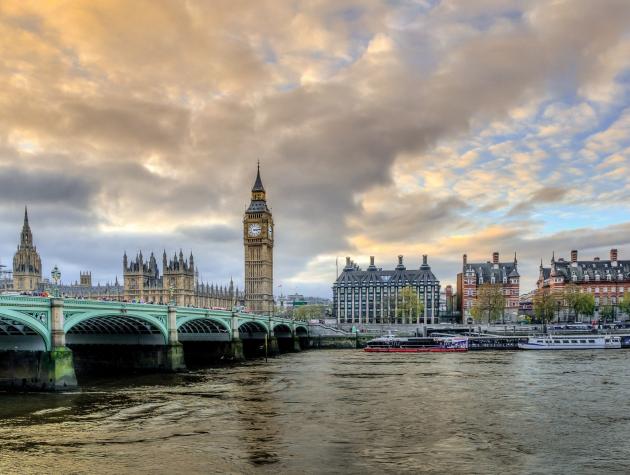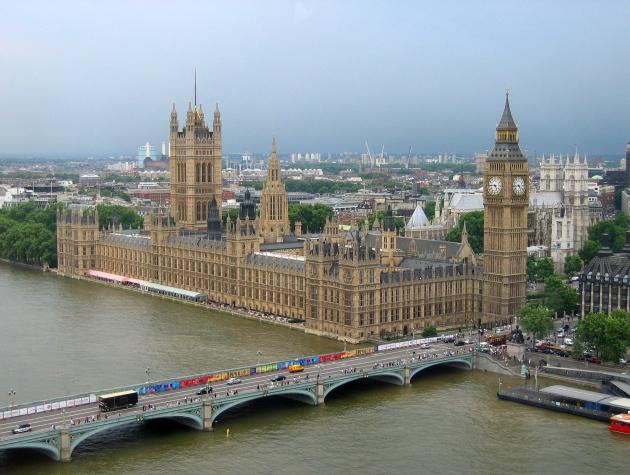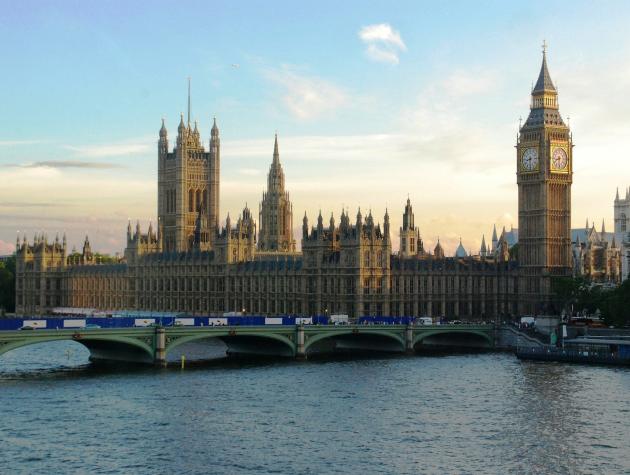Trade and developing economies: a post-Brexit blueprint
Following the result of the Brexit vote, discussion in the UK and EU has focused primarily on the impacts of a Brexit arrangement on trade, governance, and relations between the UK and EU. However, Brexit has far reaching ramifications for UK and EU trade around the world, not least with developing economies in Africa.
For both the UK and the EU, a revision of treaties and access rights for third countries and trading blocs and the renegotiation of WTO membership terms offer potential for new deals to be brokered with the African region – the uncertainty of which presents all involved with unprecedented challenges and opportunities.
This event, hosted by the ODI in partnership with the Centre for International Economic Law, Trade, and Development, examined issues surrounding post-Brexit international trade by bringing together internationally-renowned economists and trade law experts to discuss: what are the options for new UK and EU trade policies after Brexit? How might these affect the development of African economies, and what are the legal implications? And for the UK, how can the delivery of development results abroad be reconciled with protection of neglected regions and sectors at home?
Chair
The Rt Hon Lord Boateng - Member of the House of Lords and Former Chief Secretary to the Treasury
Speakers
- Christopher Chagnon - Assistant Director, Centre for International Economic Law, Trade and Development (CIELTD)
- Emily Jones - Associate Professor in Public Policy and Director, Global Economic Governance Programme, University of Oxford
- David Luke - Coordinator of the African Trade Policy Centre (ATPC), UN Economic Commission for Africa (UNECA)
- Maximiliano Mendez-Parra - Senior Research Fellow, ODI







